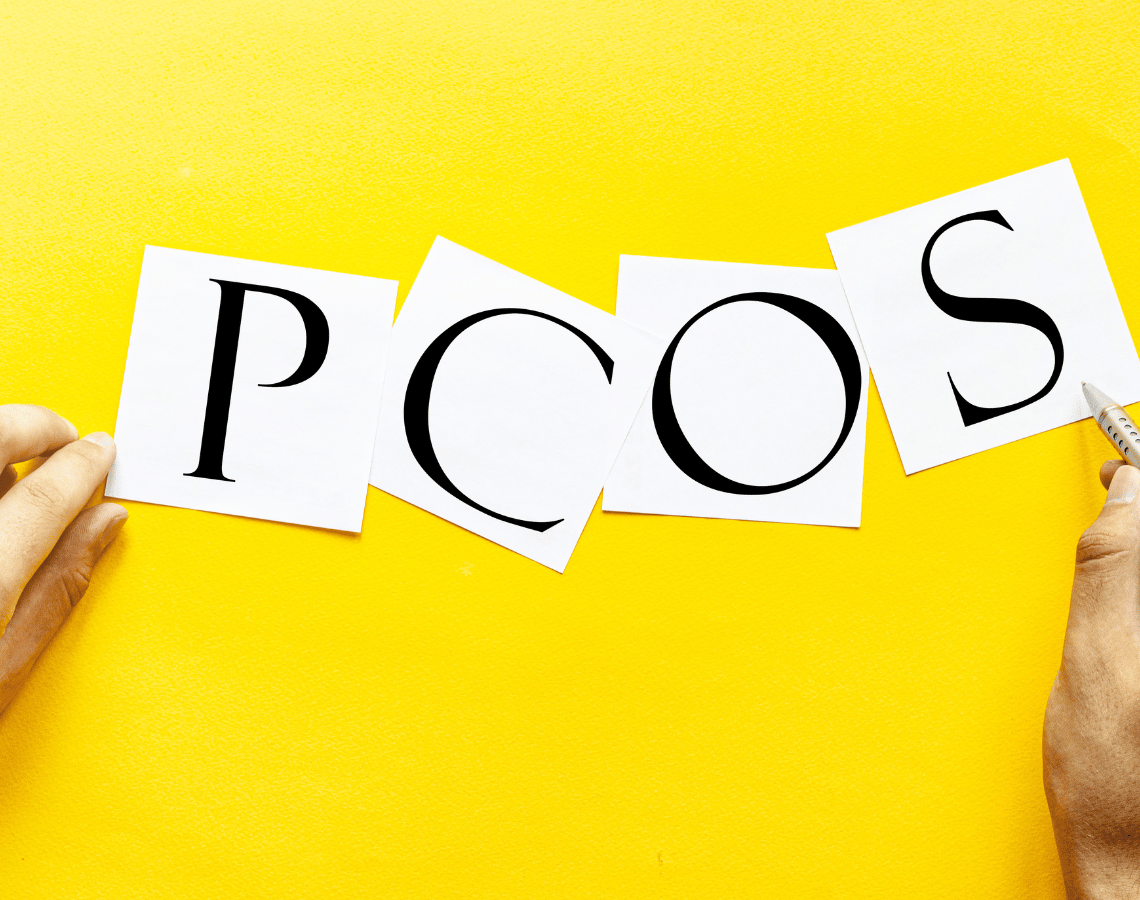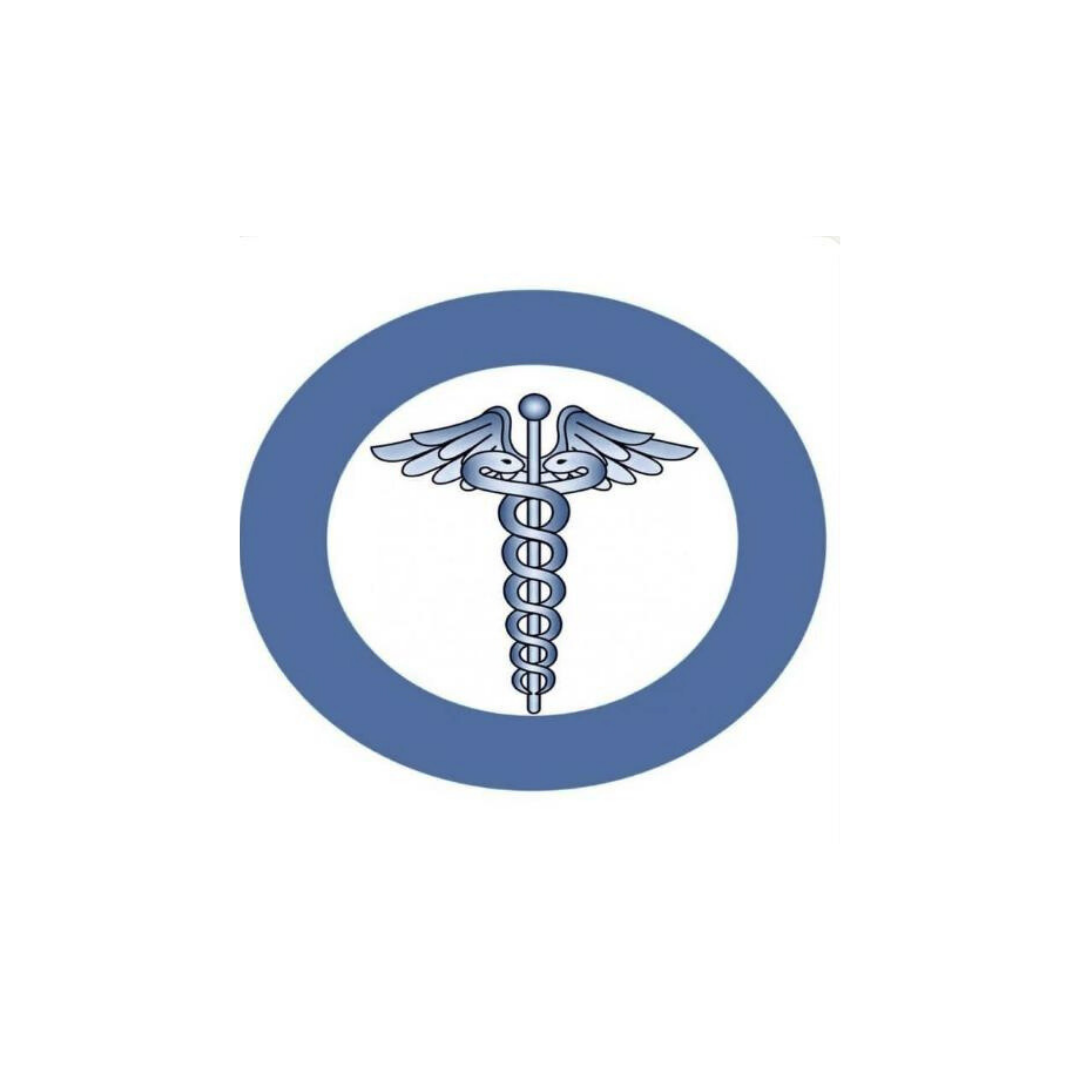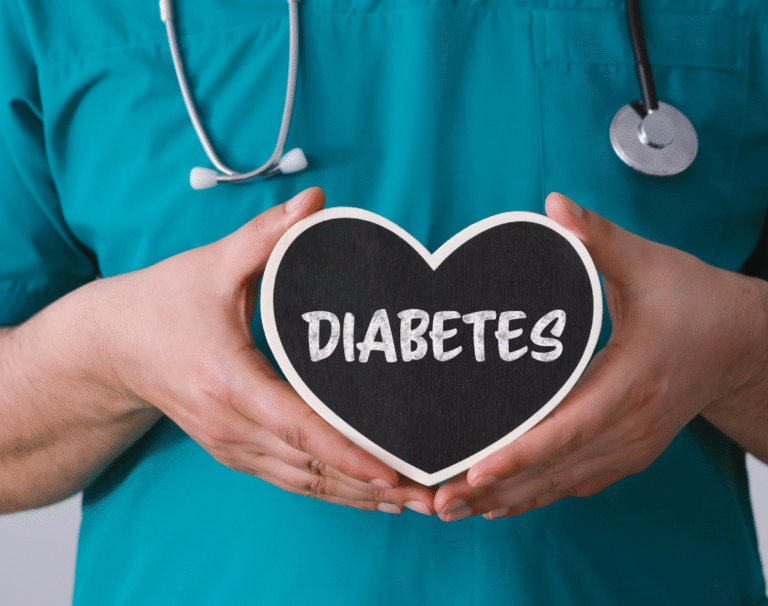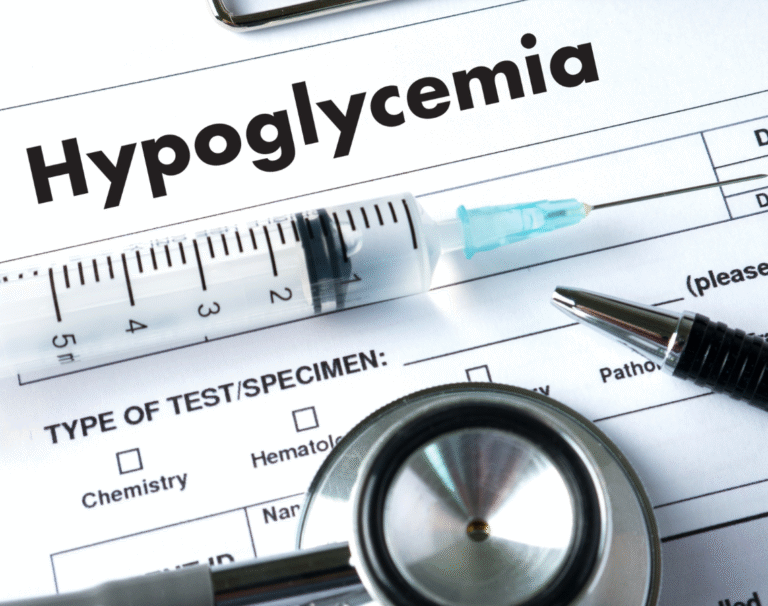Book Appointment Now

PCOS
- On
- InHealth
Polycystic Ovary Syndrome (PCOS) is a common hormonal disorder affecting women of reproductive age. It is characterized by a combination of symptoms that may include irregular menstrual cycles, excess androgen (male hormone) levels, and multiple small cysts on the ovaries. PCOS is not just a reproductive condition—it has implications for a woman’s metabolic, emotional, and long-term health.
An estimated 1 in 10 women worldwide are affected by PCOS, though many remain undiagnosed due to the wide variation in symptoms and their overlap with other conditions.
Causes and Risk Factors
The exact cause of PCOS is still unknown, but several factors contribute to its development:
-
Hormonal Imbalance – Women with PCOS often produce excess androgens, which interfere with ovulation and cause symptoms like acne and unwanted hair growth.
-
Insulin Resistance – Many women with PCOS have insulin resistance, meaning their bodies struggle to use insulin effectively. This can lead to weight gain and an increased risk of type 2 diabetes.
-
Genetics – PCOS often runs in families, suggesting a genetic component.
-
Low-Grade Inflammation – Chronic inflammation may contribute to increased androgen production in the ovaries.
Common Symptoms of PCOS
PCOS symptoms can vary from person to person and may include:
-
Irregular or missed periods
-
Excess facial or body hair (hirsutism)
-
Acne or oily skin
-
Weight gain or difficulty losing weight
-
Thinning hair on the scalp
-
Darkening of skin, especially along neck creases or under breasts
-
Difficulty conceiving (infertility)
-
Depression or mood changes
Because these symptoms can mimic other conditions, PCOS is often misdiagnosed or overlooked.
Diagnosis
There is no single test for PCOS. Diagnosis is typically based on the presence of at least two of the following three criteria:
-
Irregular or absent ovulation
-
Signs of excess androgens (clinically or through blood tests)
-
Polycystic ovaries visible on an ultrasound
Blood tests may also be used to rule out other conditions that can cause similar symptoms, such as thyroid disorders or high prolactin levels.
Managing PCOS
There is no cure for PCOS, but symptoms can be effectively managed through lifestyle changes, medication, and regular monitoring:
-
Diet and Exercise: A healthy diet and regular physical activity can help regulate insulin levels, support weight management, and improve menstrual regularity.
-
Medications: Birth control pills are often prescribed to regulate periods and lower androgen levels. Metformin may be used for insulin resistance, and fertility treatments may be considered for those trying to conceive.
-
Cosmetic Treatments: For managing acne or excess hair, dermatologic or cosmetic interventions may be helpful.
Long-Term Health Considerations
Untreated PCOS can increase the risk of several serious health conditions, including:
-
Type 2 diabetes
-
High blood pressure
-
Heart disease
-
Endometrial cancer
-
Mental health issues like anxiety and depression
Take Charge of Your Health
Early diagnosis and a personalized treatment plan are key to managing PCOS and improving quality of life. If you’re experiencing symptoms, speak with a healthcare professional. At our clinic, we provide comprehensive care and support for women dealing with PCOS and related hormonal issues.
You don’t have to manage PCOS alone—help and hope are available.
Newsletter Updates
Enter your email address below and subscribe to our newsletter



